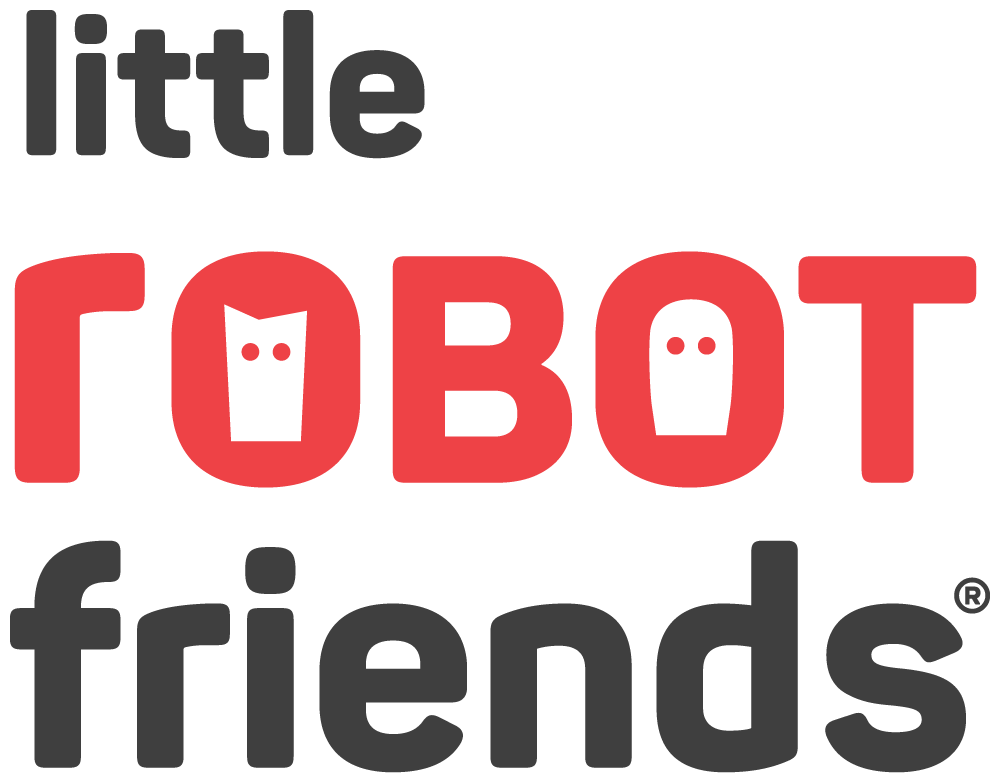
Kids are inundated with media messages every single day. It’s a lot to take in, even for us adults. How many times have you realized you’re mindlessly watching TV or scrolling on social media? Guilty.
The messages get through even if your child is given limited screen time and access to a curated list of websites and games. They’re influenced by various media via peers in the schoolyard, classroom lessons and the world at large. Here are three ways to help the kids in your life get started:
Think Like An Investigator
Whether it's their favourite Youtuber or an article they've read online, kids oftentimes take what they see or read at face value. Encourage them to get curious about why the person has the viewpoint they do with a few key questions:
- Why might this ___ believe what they're saying?
- Is this their own opinion based on experience?
- Are they being paid to talk about this?
In an age of YouTube stars, it's eyeopening for kids to realize that there may be sponsorship behind what's being shared online.
Think Like A Researcher
With so much information on the Web, our kids can research much quicker than we ever could, but they're faced with the considerable challenge of authenticating what they read. How can they tell whether the author of the information is to be trusted or not? Get started by asking these questions:
- Who is the source? Are the a reliable and/or known source of good information? (e.g., National Geographic)
- Does this news seem really different than anything else they have ever heard?
- Can they find additional, reliable sources to back up what they're reading?
Gaining multiple perspectives and fact-checking helps kids become critical thinkers.
Think For Themselves
Teaching kids to be media literate doesn't mean we tell them what is 'right' or 'wrong' with the media or the opinions they come across. Rather the goal is to give kids the tools to form their own opinions. A few questions to help get them started:
- How does this information fit in with what I already know on the subject?
- How does this information make me feel?
- Should I investigate this further or can I believe what I see/read?
- What's the purpose of this information? To educate/entertain?
Let's face it, kids have a lot of media to navigate. The better prepared they are to be decipher the message, the easier it will be for them to become savvy consumers of media.

